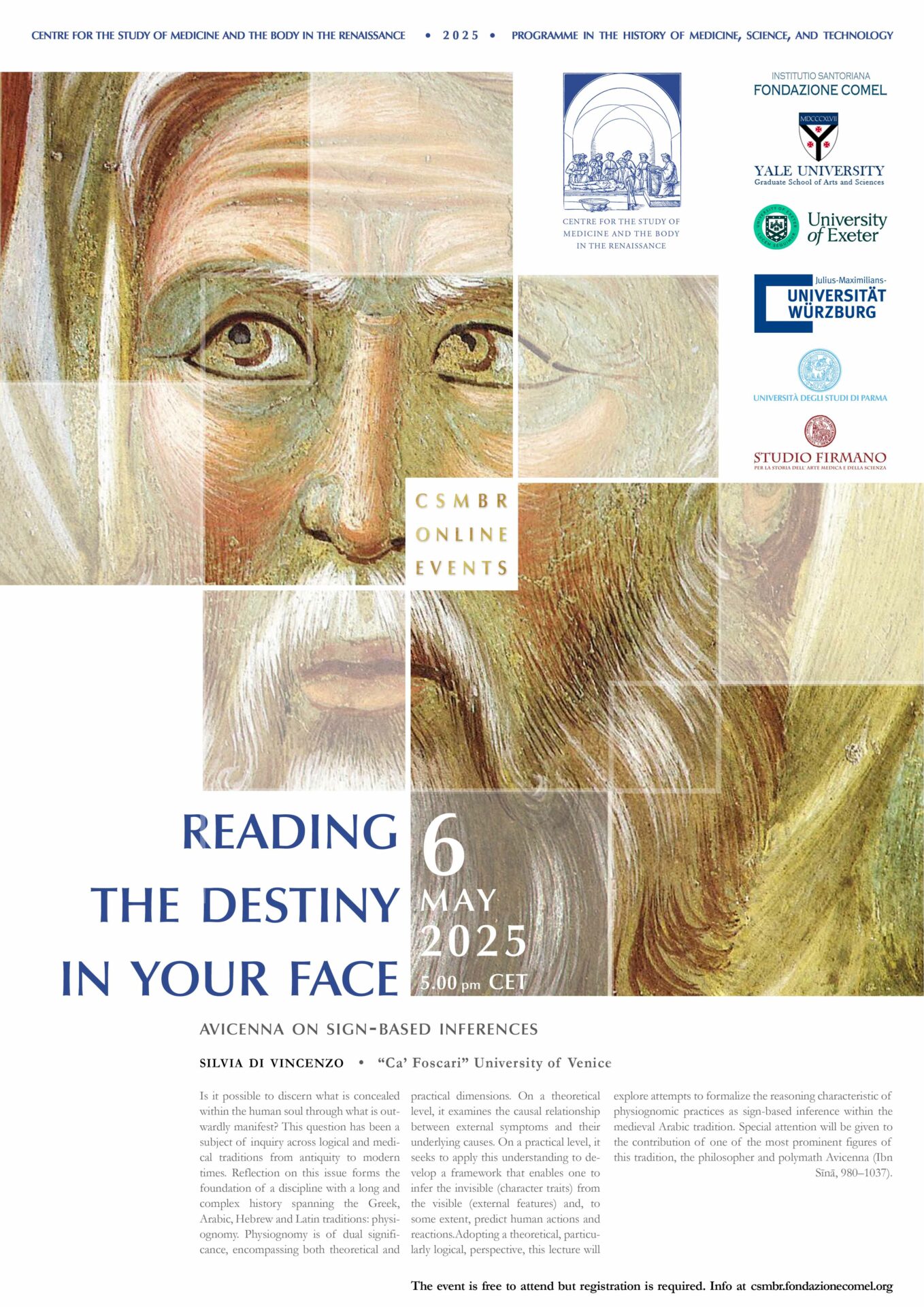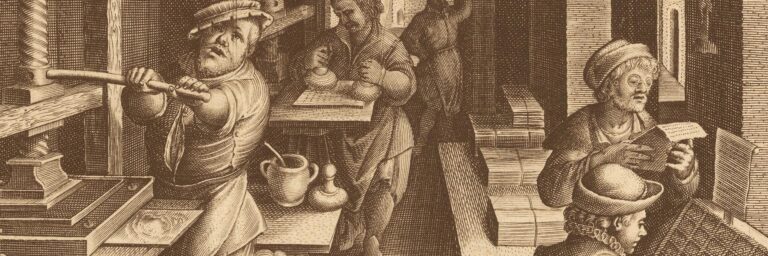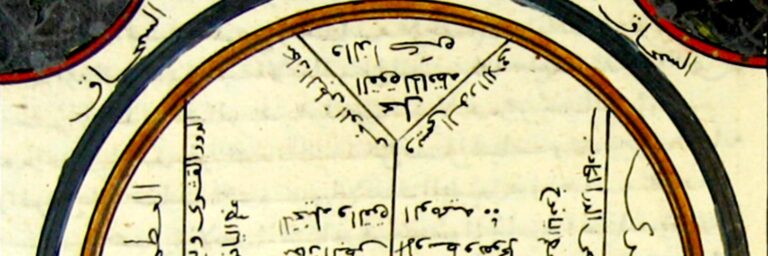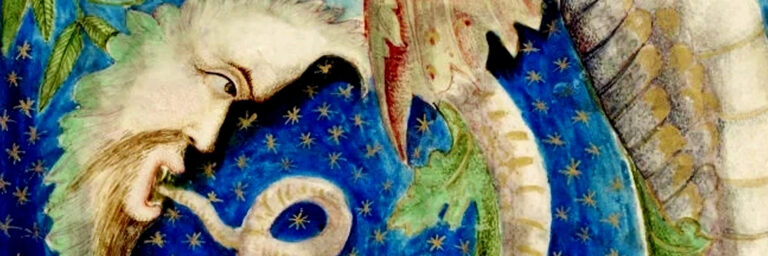Avicenna on Signed-Based Inferences
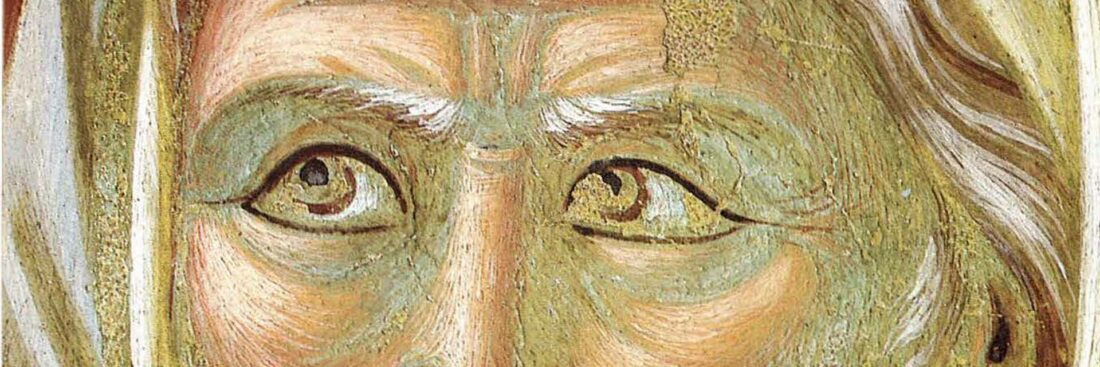
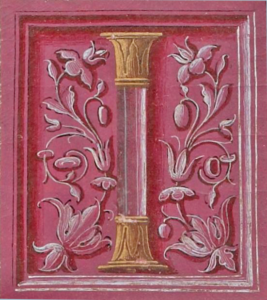
Reading the Destiny
in Your Face
Avicenna on Signed-Based Inferences
Silvia di Vincenzo
6 May 2025 – 5 PM (CET)
Is it possible to discern what is concealed within the human soul through what is outwardly manifest? This question has been a subject of inquiry across logical and medical traditions from antiquity to modern times.
Reflection on this issue forms the foundation of a discipline with a long and complex history spanning the Greek, Arabic, Hebrew and Latin traditions: physiognomy.
Physiognomy is of dual significance, encompassing both theoretical and practical dimensions. On a theoretical level, it examines the causal relationship between external symptoms and their underlying causes.
On a practical level, it seeks to apply this understanding to develop a framework that enables one to infer the invisible (character traits) from the visible (external features) and, to some extent, predict human actions and reactions.
Adopting a theoretical, particularly logical, perspective, this lecture will explore attempts to contextualise the reasoning characteristic of physiognomic practices as sign-based inference within the medieval Arabic tradition.
Special attention will be given to the contribution of one of the most prominent figures of this tradition, the philosopher and polymath Avicenna (Ibn Sīnā, 980–1037).
About the Speaker ...
Silvia Di Vincenzo is an Associate Professor of History of Medieval Philosophy at “Ca’ Foscari” University of Venice.
She obtained a dual PhD in Philosophy (Scuola Normale Superiore of Pisa) and in Arabic Studies (École Pratique des Hautes Études) in 2018. Her research focuses on the reinterpretation of Aristotelian logic within the Arabic tradition, as well as its reception in Latin and Hebrew, with a particular emphasis on the discipline’s marginal areas and its intersections with other sciences. As of March 1, 2025, she is the Principal Investigator of the ERC Starting Grant 2024 project, “The Uncharted Margins of Philosophy: An AI-Enhanced Material History of Arabic Logic Across Time (12th–19th c.) and Frontiers (from Spain to India)” (UnMaP).



